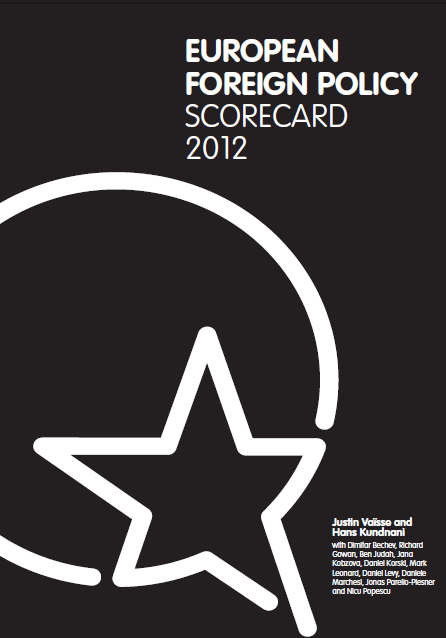Reinventing Europe: Poland and the euro crisis
As part of the ‘Reinvention of Europe’ project, ECFR is publishing a series of papers on the national debates within EU member states about the crisis and the future direction of Europe. The first paper in the series examines the Polish situation.

